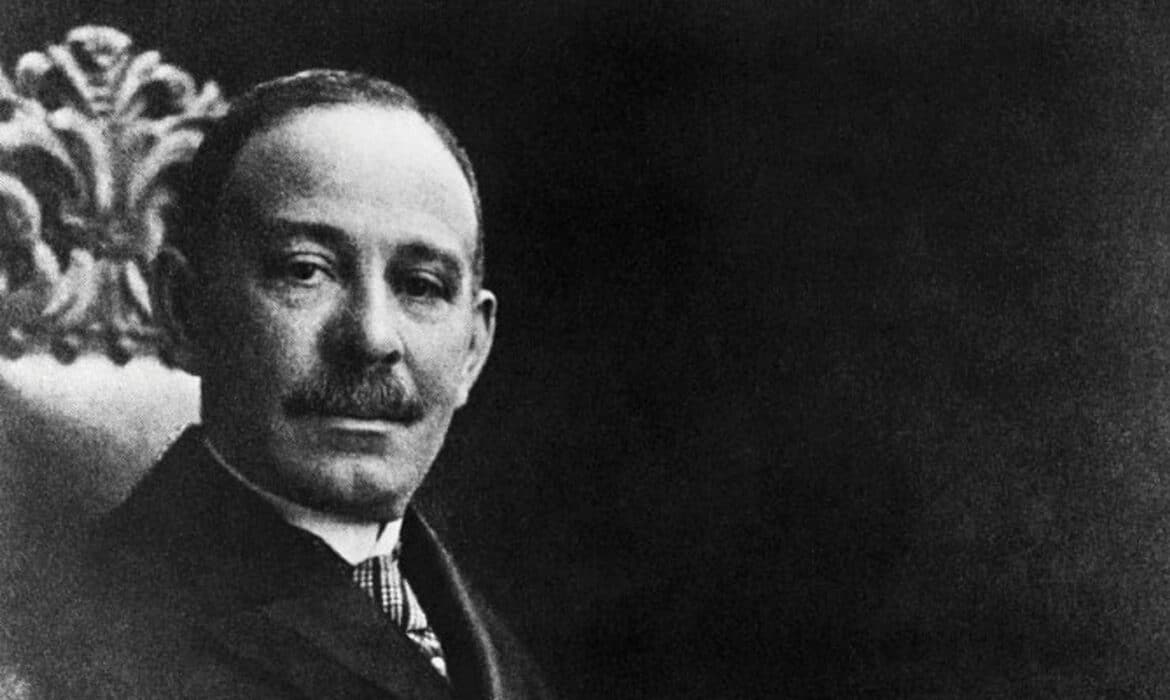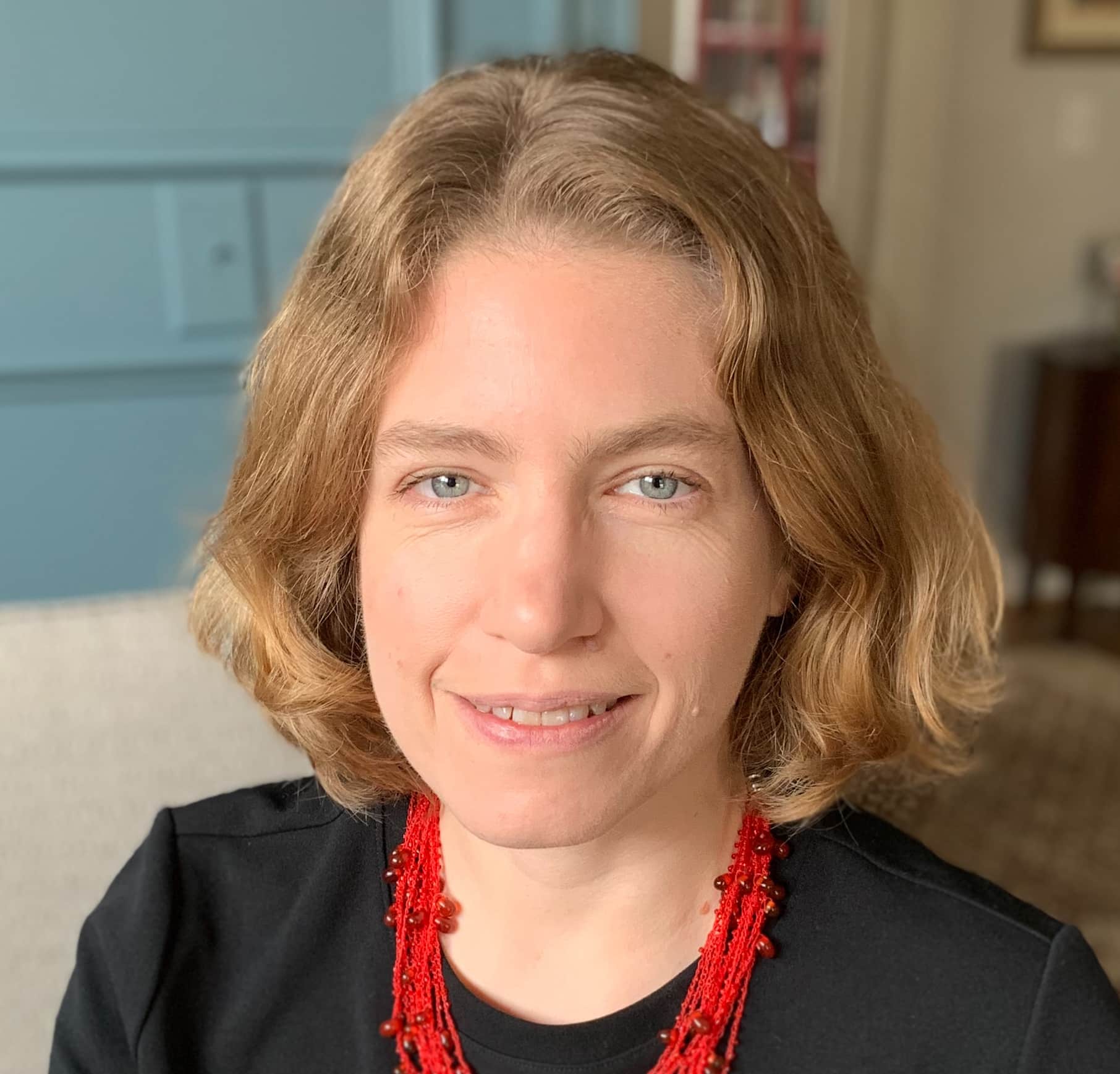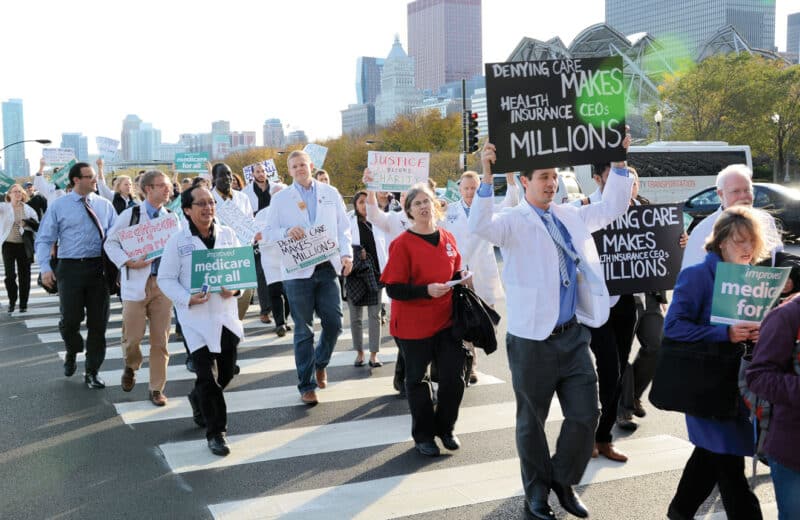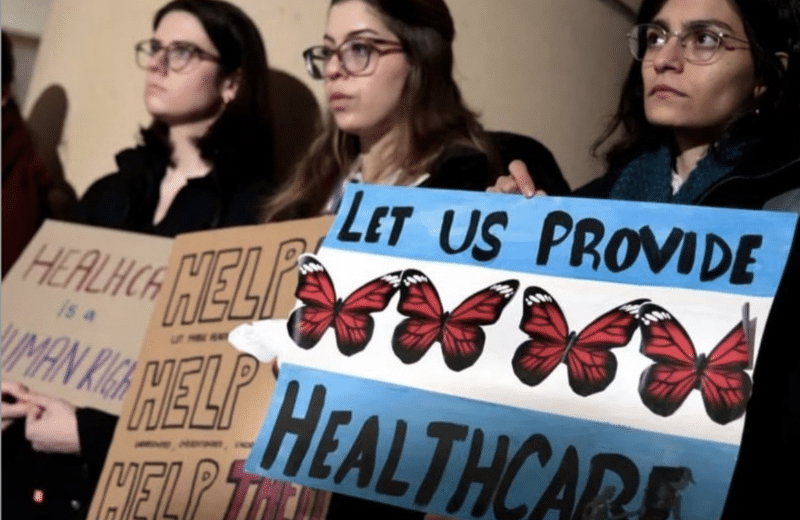Fact checked by Shannon Sparks
Daniel Hale Williams, born in 1850s Pennsylvania, faced challenges from an early age. His father died when he was young. His mother abandoned him. And, in post-Civil War America, he faced racism as an African American.
But Williams’ ambition exceeded his challenges. And, today, despite so many odds, he’s known as a groundbreaking surgeon who launched his career in Chicago and started the country’s first Black-owned hospital, working to ensure equal medical care for all.
“He was a trailblazer,” says James Hill, MD, a professor of orthopedic surgery at Northwestern University Feinberg School of Medicine, who is documenting the early Black graduates of Northwestern’s medical school.
Williams, the school’s first Black graduate (in 1883), is credited with a series of other firsts across his career. In 1889, he was the first African American appointed to Illinois’ state health board. And in 1891, he opened Provident Hospital and Training School for Nurses, the first Black-owned and -operated hospital in the country.
Williams decided to open the hospital after a local pastor approached him. The pastor’s sister, Emma Reynolds, had applied to nursing school, but all of Chicago’s schools turned her down because she was Black.
Williams always kept his eye on his goal: equal access to medical care for all.
Provident Hospital proved different. With strong support from the community and local organizations, Williams’ efforts soon became a reality. The Armour Meat Packing Company supplied the down payment for a three-story brick house at 29th and Dearborn Streets. With 12 beds, an integrated staff, and patients of all races, the first iteration of Provident Hospital was born.
Williams’ ability to raise funding for Provident from some of Chicago’s biggest philanthropists is a testament to the city and Williams’ skill.
“In Chicago there was a tradition going back to abolitionist days that said that a certain number of talented Blacks would be accepted into the professions and certain aspects of social life,” says Christopher Reed, PhD, professor emeritus of history at Roosevelt University. Williams was among them.
But Williams wasn’t just a skilled fundraiser; he also was a topnotch surgeon.
In 1894, Williams moved to Washington, D.C., to become chief surgeon of Freedmen’s Hospital. He eventually returned to Chicago, practicing at Provident and later at what is now Rush University Medical Center, among other institutions.
When Williams returned to Provident, he had professional disputes with its new leadership, and largely practiced elsewhere, including Meharry Medical College in Tennessee. His career ended after a stroke in 1926. He then retired to Michigan, where he lived until his death in 1931.
Today, Provident Hospital is part of Cook County Health. And in spite of the odds, Williams always kept his eye on his goal: equal access to medical care for all. Hill says, “He never compromised his principles. He had integrity to the very end.”














